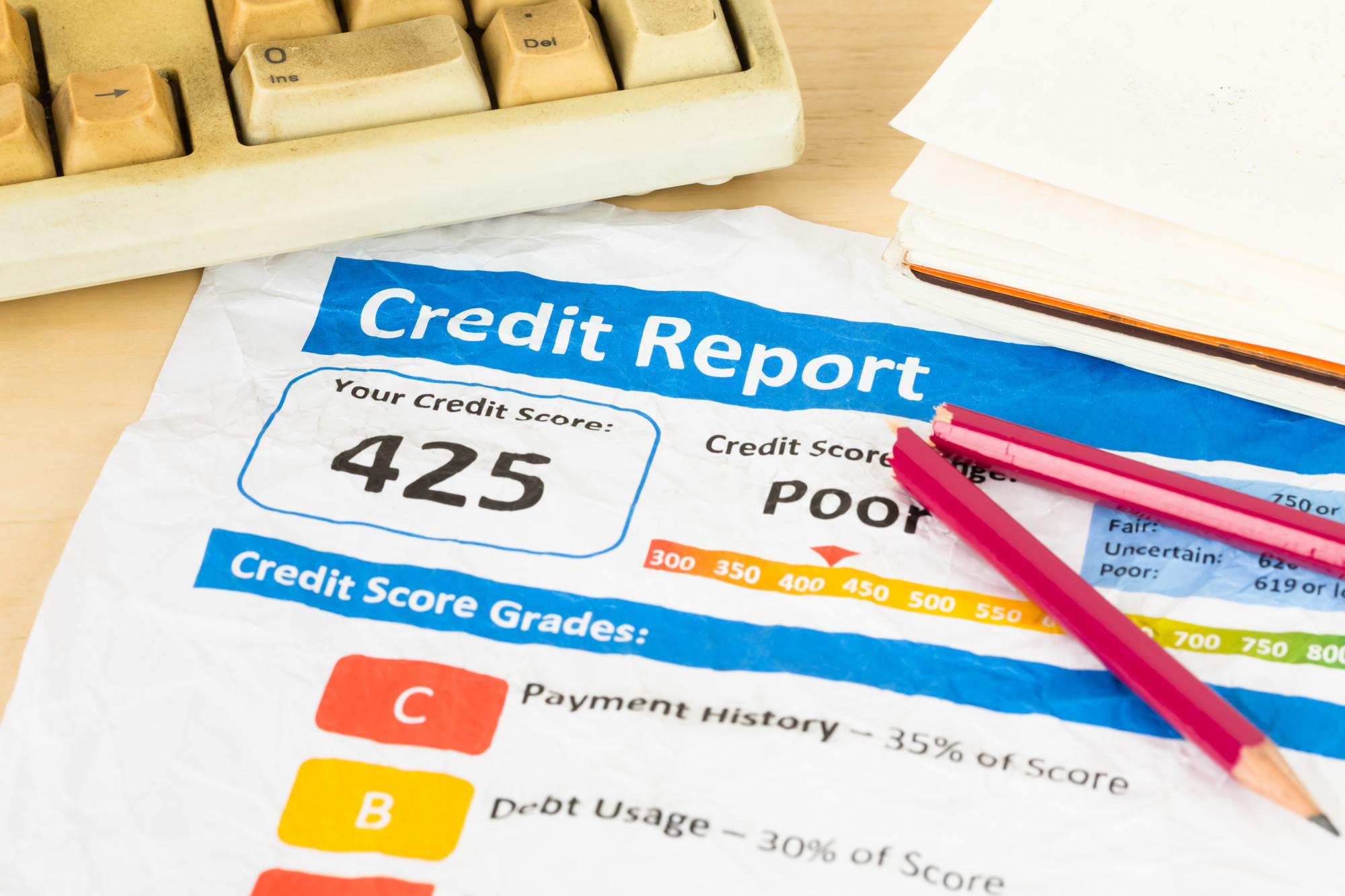
Having bad credit interferes with your ability to get loans and can have other negative consequences. If you’re unsure if you have bad credit, you might have some questions about good credit vs bad credit.
What is good credit? What is bad credit? If these are questions you have, you’re in the right place.
Here is an explanation of the differences between good credit and bad credit. This guide can also help you learn the factors that determine your credit score.
Most Companies Use Similar Models
When it comes to good credit vs. bad credit, most companies use similar models. The models range from 300 to 850, which 850 representing perfect credit. Few people have perfect credit, but many people have good credit.
Scores that fall under 670 fall into the categories of fair or poor. With a score under 670, you might qualify for loans, or you might not. It depends on the lender and the loan type.
If you have a score of over 670, lenders might view you as a person with a good score. Good credit scores make getting loans easier, while bad credit scores create challenges with getting loans.
If you have a score of 800 or above, lenders view you as a person with perfect credit. Getting a loan is a breeze for a person with a score this high.
Why Good Credit vs Bad Credit Matters
Now that you can see the differences in credit scores and their labels, you might wonder why this matters. Why does credit play such a significant role in the loan process?
The primary reason that lenders care about credit scores is that they closely relate to a person’s creditworthiness. People with excellent credit scores work hard to have these scores. They are reliable, and lenders can trust them.
When a person’s credit score is poor, it represents significant risks to the lender. A person with a low score might have trouble repaying money they borrow, and lenders consider this when reviewing loan applications.
The good news is that you can borrow money even with a poor credit score. You might have to start by taking a no-credit score loan, such as a payday loan, but at least it offers a way to borrow money.
When borrowing money, it might help to review your options before taking one. Compare the choices you have, and pick the best one.
The Top Factors That Affect Credit Scores
After learning your credit score, you might be interested in finding ways to improve it. One of the best tips for building credit scores is to learn the factors that affect them.
One factor is your payment history. Making on-time payments helps you build your score. Another factor is the credit utilization rate, which refers to how much credit you use compared to the amount you have access to on your credit cards.
Learn More About Credit Scores
Getting approved for a loan depends on your credit score. Now that you know the differences between good credit vs bad credit, are you ready to apply for a loan? If not, you might want to find ways to improve your score first.
If you enjoyed learning about credit scores, you might enjoy other helpful articles on our blog!




